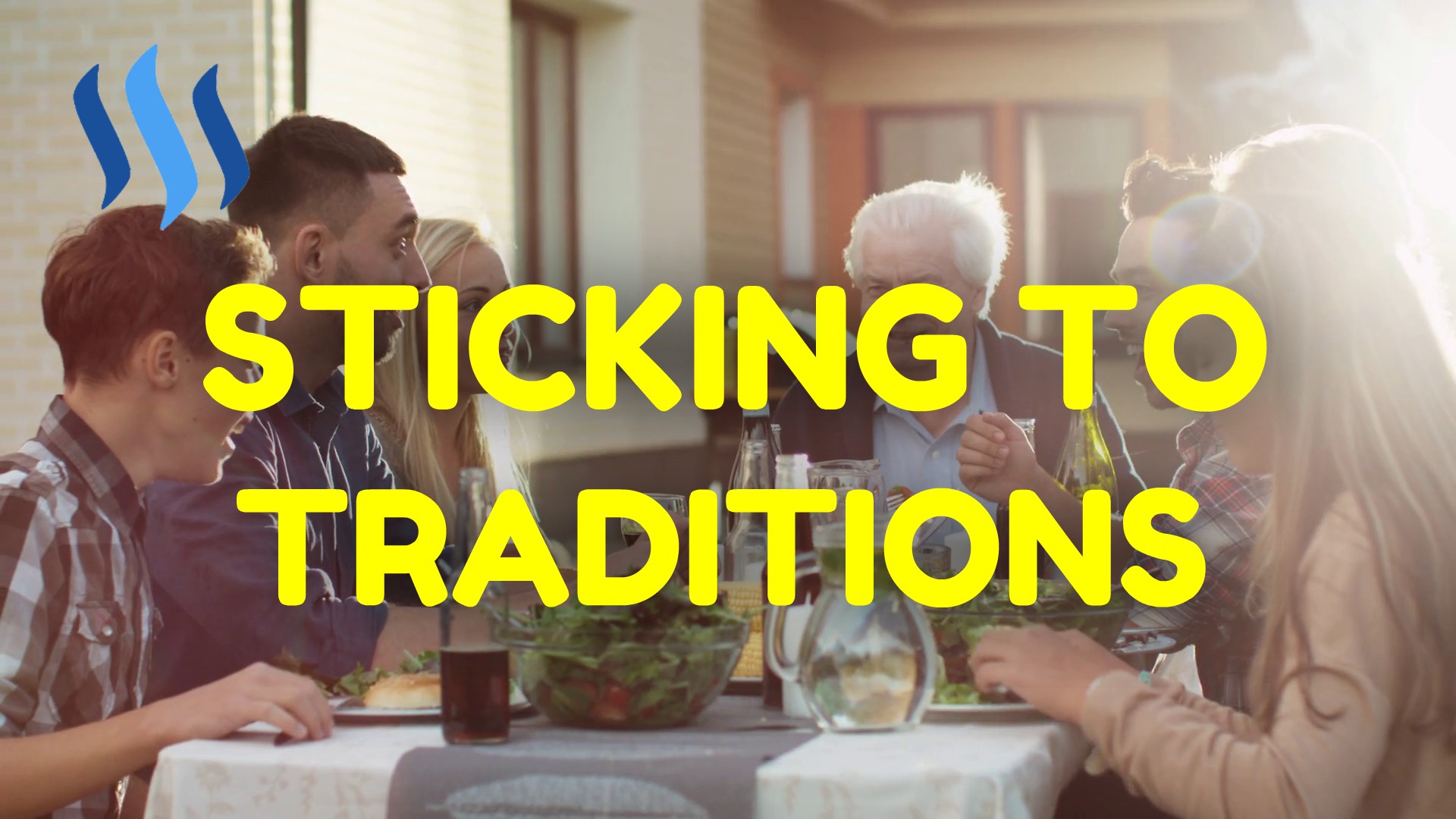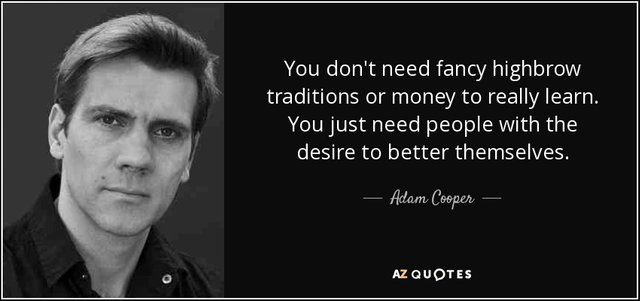
The Chain Armour Called Tradition
I believe there are great traditions that exist nowadays but some have a backwards effect on society progressing forwards and I understand how people are entitled to their beliefs but some people are so devoted they are not willing to listen to other opinions.
As a collective becomes more and more institutionalised, it turns out to be more characterised by tradition than it does by sincere beliefs. Tradition is the armour that protects the collective long after its principles have questioned and doubted.
The first beliefs of a collective, over numerous years, endure a lot of heavy scrutinies. Therefore, it isn't simply the beliefs, which hold the collective together, but the common interest.
If the collective desires keep strong, the collective will have the capacity to battle the wave of doubt that they'll receive. By withstanding this onslaught, its resignation will be fortified. On the other hand, if the collective desires are weak, eventually, the collective will break up and dissolve.
How Easy It Is To Change One's Opinions?
A collective uses tradition in a similar way to how individuals use persona; tradition gives the collective its character and identity. Therefore, the group goes from sincerity to hypocrisy. It becomes known not for that which it is, but for that which it appears to be.
However, all collectives should, in the long run, be conveyed to nothing. Tradition might be able to combat centuries of doubt. However, it cannot withstand idealists. The idealist is not content with the way things are; the idealist strives to reform reality into the way he believes it should be.
The idealist is an argumentative troublemaker. He exposes the insincerities of a collective. He uncovers the darkness hidden within a collective. The idealist is the prophet; he plants the seed of discontentment.
The Idealist And Denier
The romantic isn't one who denies reality; he sees it more unmistakably than most others; he sees its false reverence, its tricky nature and wishes to the correct its wrongs. For a really long time, I trust we have mistaken the romantic for the denier. The denier denies reality for lack of concern. The optimist ponders reality as judicious general examinations his enemy and with persistence undermines it's extremely establishment.
The idealist does not deny reality. He sees reality clearer than most; he sees the hypocrisy and the devious nature of any group. For far too long, I believe we have confused the idealist with the denier. The denier denies reality for the sake of complacency. The idealist studies its opponent and finds its true flaws.

In as much as everyone is entitled to his opinion, I believe in idealist
Downvoting a post can decrease pending rewards and make it less visible. Common reasons:
Submit
Thanks so much for sharing this! I think there's a difference. To my own understanding, a belief is a conviction that is held to be true by an individual or a group of people maybe from an event they witnessed while a tradition is a belief or custom handed down from one generation to the other you don't really know if it's true or not you just roll with it because like the saying goes "What an elder sees while sitting down, a young one can't see even while standing.
Downvoting a post can decrease pending rewards and make it less visible. Common reasons:
Submit
Wow that was a really good read. Institutional tradition will continue to hold for decades to come until definitive proof debunks it’s values or foundations. As you had mentioned, collectives continue to grow and the largest ones are going to sustain and establish themselves. When they conflict, weaker ones will disperse and the strongest collective I see is really the scientific collective. I would recommend you check out the last episode of the Orville which kinda depicts how they see society evolving over the next couple of centuries.
Downvoting a post can decrease pending rewards and make it less visible. Common reasons:
Submit